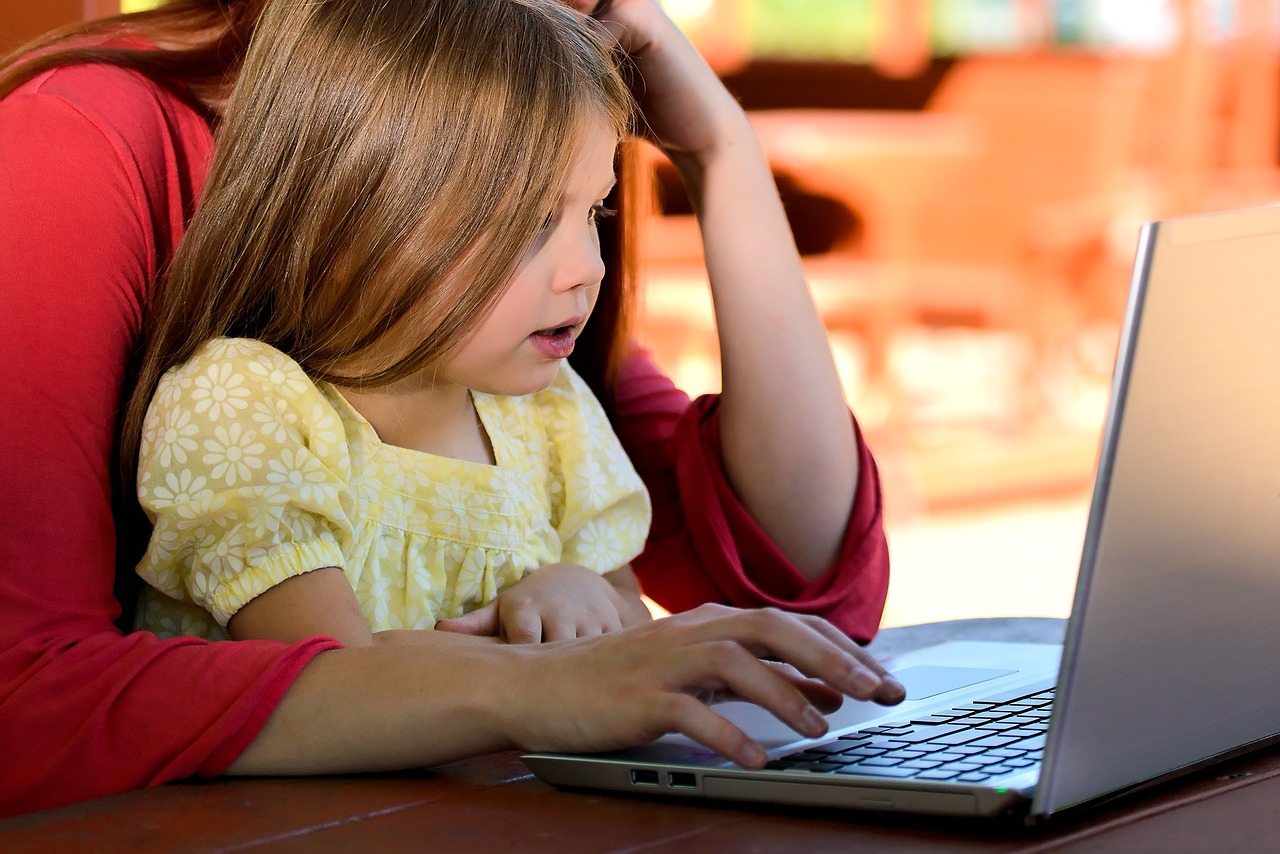
A new study has revealed that mothers appear to be doing most of the housework and childcare duties during the coronavirus lockdown.
Research results indicated that in homes where a working mother and father reside, the mother do more housework and childcare duties compared to the father. Mothers were found to be spending more time with their children.
Unequal share of workload
The study, conducted by the Institute for Fiscal Studies (IFS) and University College London (UCL), involved interviewing 3,500 families. The researchers discovered that moms were only able to do one hour of uninterrupted work, for every three hours done by dads.
Lucy Kraftman, a research economist at the IFS, said: "Mothers are doing, on average, more childcare and more housework than fathers who have the same work arrangements."
Kraftman pointed out that the finding was applicable to families where a mother and father were both working, as well as to families where both parents were furloughed or out of work.
She added: "The only set of households where we see mothers and fathers sharing childcare and housework equally are those in which both parents were previously working, but the father has now stopped working for pay, while the mother is still in paid work."
"However, mothers in these households are doing paid work during an average of five hours a day, in addition to doing the same amount of domestic work as their partner," Kraftman explained.
Different approach to household tasks
According to Paula Sheridan, a coach and owner of Unwrapping Potential which works with professional women, most of her clients "almost universally" claim that they are the ones planning meals, creating timetables and downloading learning resources for children.
One client said: "I'm the main wage earner and yet I also seem to be the one who stops work to make lunch and dinner, because he wouldn't think of doing it."
Meanwhile, another client mentioned: "[My partner] is furloughed and yet my work telephone calls are interrupted by the children asking questions, while daddy is just watching Netflix."
Sheridan believes that the difference in attitude among mothers and fathers toward household tasks and childcare responsibilities starts during maternity leave.
She pointed out that since only 2% of new moms and dads split their entitlement to parental leave, this generally gives the mother the responsibility to establish a routine and learning how to be a parent, usually by trial and error.
Positive outlook
Sheridan explained: "It isn't a man versus women thing at all. The partner has no idea that all of this stuff even happens, because he has never needed to."
She also mentioned that mothers are also still the ones managing how time is spent at home under lockdown. This may have resulted to the UCL and the IFS finding that mothers in two-parent households are only doing, on average, a third of the uninterrupted paid-work hours of fathers.
However, researcher Sonya Krutikova from the IFS, said that there is some cause for hope that the lockdown could result to a more equal sharing of household tasks between parents.
Krutikova argued: "Fathers, on average, are doing nearly double the hours of childcare they were doing prior to the crisis."
"This may bring about changes in the attitudes of fathers, mothers, children and employers about the role of fathers in meeting family needs for childcare and domestic work during the working week," she said.






